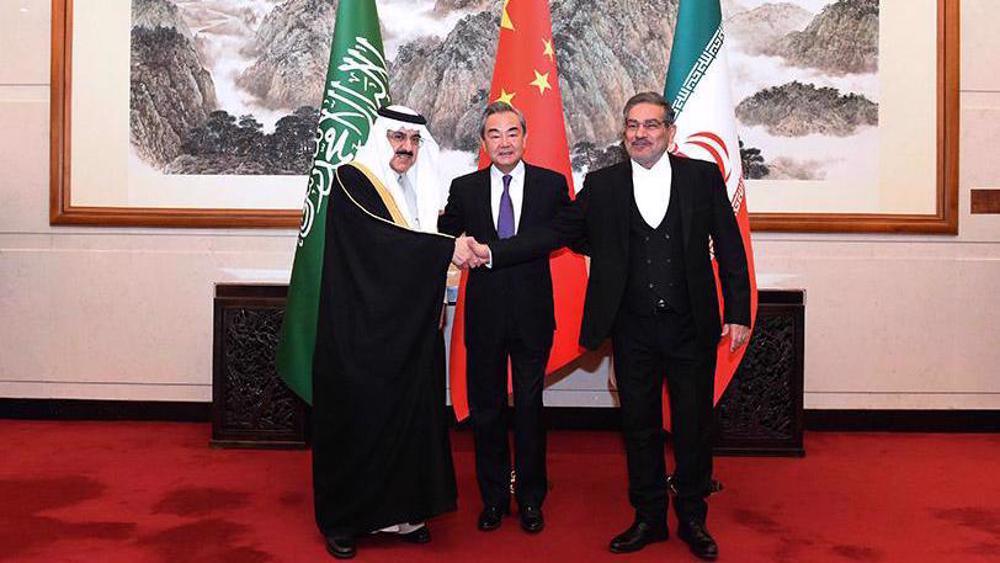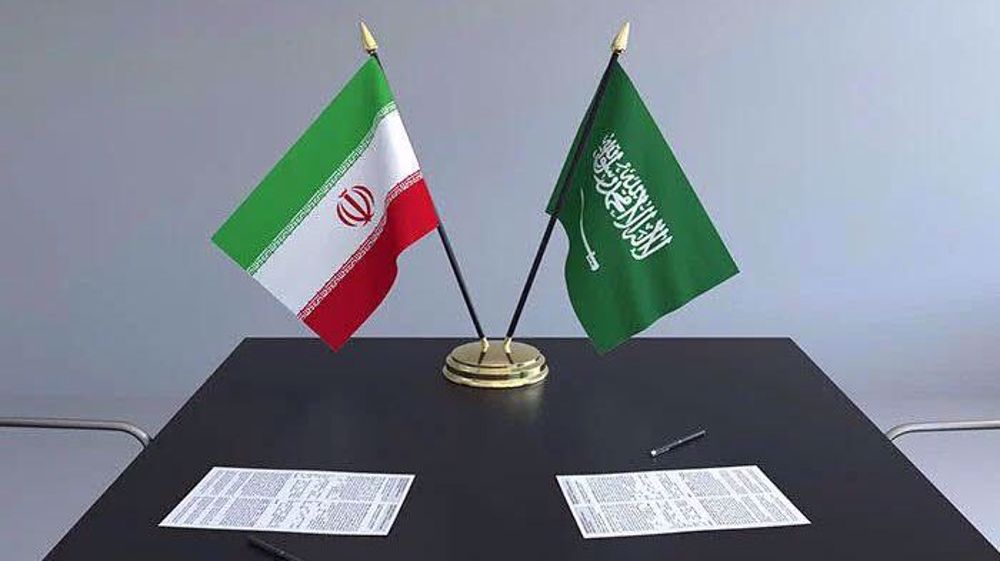
A few days after the signing of an agreement between Iran and Saudi Arabia to reopen embassies. The kingdom’s Finance Minister Mohammed al-Jadaan said that his country could soon be investing in the Islamic Republic.
Iran and Saudi Arabia announced last Friday a Chinese-brokered deal to restore relations. After decades of enmity and a formal cutting of ties in 2016. The rapprochement has been touted as a momentous development in the region. But how it ultimately impacts the Middle East remains a very open question. As the long adversarial powers are fighting a proxy war in Yemen and continue to support opposing sides across the region. Amid perceived U.S. retrenchment from the Middle East, the deal is a diplomatic win for China. As it increasingly seeks to present an alternative vision to the U.S.-led global order.

Tehran and Riyadh agreed to keep the contents of the lengthy agreement confidential. Although publicly billed as a bilateral agreement. The deal’s key points reportedly focus on ensuring regional stability in the Gulf and the Middle East more broadly. The deal aims to enable the two sides to have an open diplomatic dialogue. Rather than engage in conflict to the detriment of the region.
Also read: Five Planets aligned in a really rare series of events
The deal also reportedly entails mutual assurances that neither Iran nor Saudi Arabia will sabotage the other’s interests on a range of issues in the political, intelligence, security, and media spheres. So that confidence-building steps may follow. The agreement, however, will not halt Iran’s support for the so-called “Axis of Resistance,”. A grouping of regional allies and proxies that Tehran uses to enhance its security. Iranian Foreign Minister Hossein Amirabdollahian has been touring the region in recent months, insisting on Iranian support for the axis.

One of the main reasons why the agreement was reached now, according to sources in Tehran, was Saudi Arabia’s recognition that it must get to the root cause of the problem it faces in Yemen, where Tehran backs the Houthi movement, by working with Iran and giving reconciliation a chance. The agreement’s public announcement stressed respect for the principles of state sovereignty and non-interference, which Amirabdollahian says is sufficient proof of Iranian intentions in Yemen moving forward.
